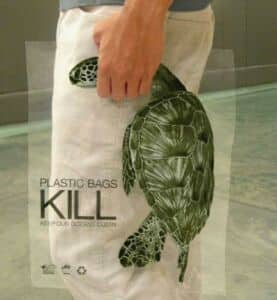Key theoretical approaches to help us improve biodiversity decision making
Do we make certain decisions because we want to avoid risks or because as women we care more or because the system defined it for us? Within PLANET4B, we want to fill a gap and map existing knowledge that explains why we make certain decisions. In this way, we can understand better how biodiversity can be prioritised in our decision making so we can avoid rampant levels of biodiversity loss. To understand what knowledge has been already collated within various disciplines (e.g. psychology, sociology, political sciences, economy), in early April PLANET4B partners gathered to discuss the theoretical approaches of decision making on biodiversity.
The event focused on discussing PLANET4B work on collecting various theories with an outcome of an inventory of theoretical approaches, concepts, models, and frameworks that could be used to inform the project. The inventory included 61 theoretical inputs, out of which some were considered more applicable to PLANET4B, such as psychological theories, political ecology, leverage points, and intersectionality. Theoretical inputs like institutional rational choice, property rights theory, and elite theory, among others, were considered relevant to be further explored.
Partners discussed their experiences and perceptions about this selected group of theories in rounds of small group conversations. Interestingly, the diversity of theoretical perspectives in the inventory was not seen as a weakness but rather as a source of rich insights for better biodiversity decision–making.
The insights gained from the workshop are of particular significance for the further course of the project. This includes strengthening the links between the PLANET4B case studies and the key theories of decision-making and change, refining the relevant theories and making initial connections between the cases and the corresponding leverage points. In this way, we can understand better on what theories we can build on to influence people better and to formulate more impactful biodiversity messages.
An example of a real-world illustration associated with the project’s work was the role of youth in biodiversity action globally.

Example of nudge theory (Source: Plastic Bag Kills campaign, BBDO Malaysia)
For more information, download the Workshop report on key theories of behaviour, decision-making and change.
